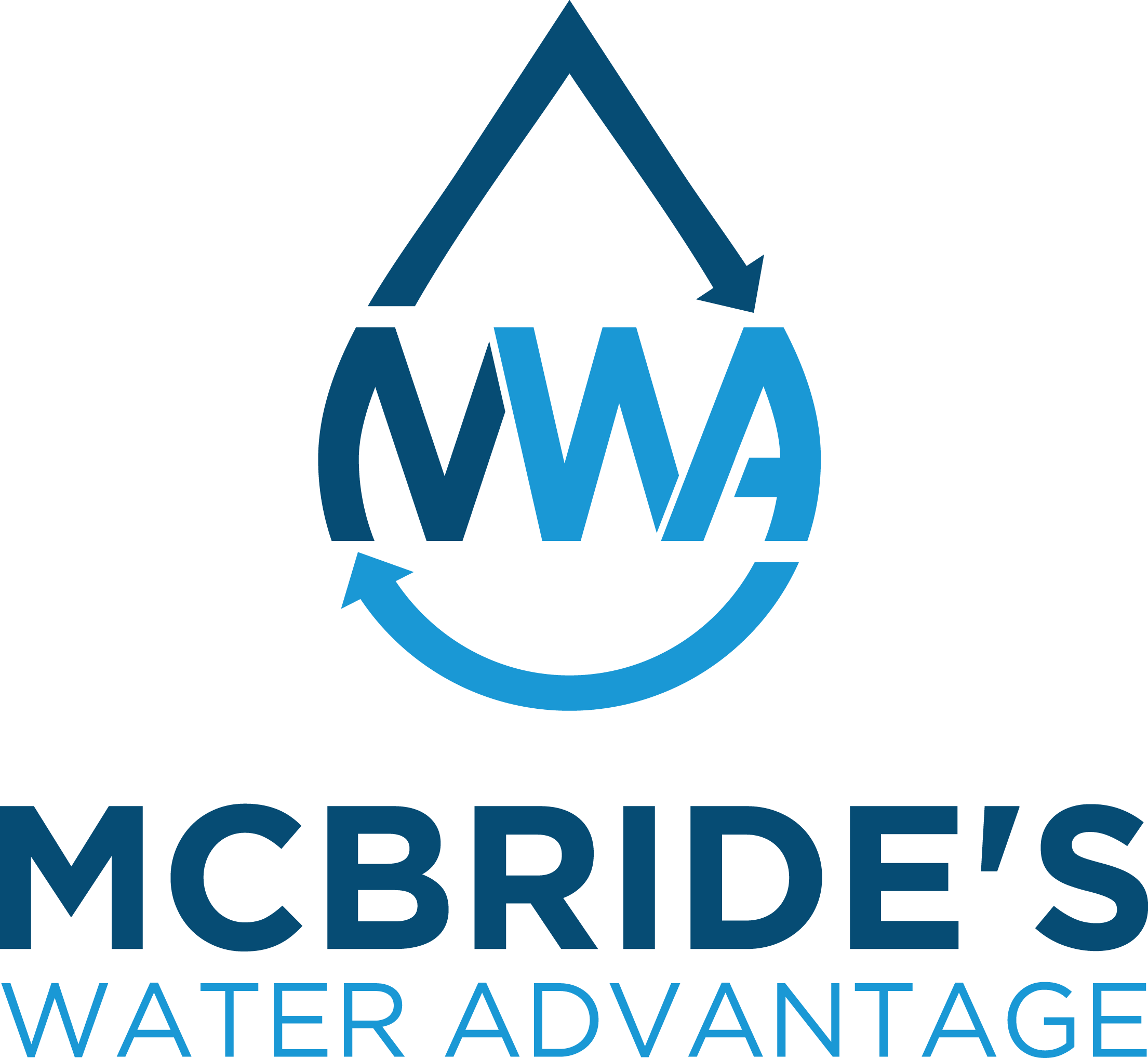 Many people use water pitcher filters as their primary source of filtered drinking water. In comparison to residential water filtration systems, water pitcher filters are cheaper and don’t require any professional installation or maintenance. However, the quality of water that you get from water pitcher filters is not nearly as good as the water that comes from residential systems. Today we’re going to talk about how water pitcher filters work, why people use them and how they compare to residential water treatment systems in New Hampshire homes!
Many people use water pitcher filters as their primary source of filtered drinking water. In comparison to residential water filtration systems, water pitcher filters are cheaper and don’t require any professional installation or maintenance. However, the quality of water that you get from water pitcher filters is not nearly as good as the water that comes from residential systems. Today we’re going to talk about how water pitcher filters work, why people use them and how they compare to residential water treatment systems in New Hampshire homes!
How do water pitcher filters work?
You can think of a water pitcher filter as an extremely small-scale version of a residential carbon filter. In fact, the cartridge in water pitcher filters usually have a small activated carbon filter inside of them. When you pour water into the top of a pitcher filter, it slowly drips through the carbon filter, where a certain amount of contaminants are removed. The water that settles at the bottom of the pitcher is what is used for drinking.
Why do people use water pitcher filters?
People use water pitcher filters for a few different reasons. For one, as we mentioned above, they are relatively cheap and don’t require any professional maintenance or installation. Water pitcher filters are also pretty good at improving the taste and smell of your drinking water, and they are useful for renters who don’t have the authority to install bigger water treatment systems in their homes.
Why are residential water filtration systems better than water pitcher filters?
- Residential systems are exponentially more effective. Carbon filters work through a process called “adsorption,” where contaminants are attracted to the media inside the filters. This process grows in effectiveness as the surface area of the media gets larger. The media that’s used in pitcher filters is very small, so it is not able to remove nearly as many contaminants as a residential system that has a much bigger media. As a result, the quality of water that you get from a residential system is many times better than the quality of water from pitcher filters.
- Water pitcher filters only hold a small amount of water. If you’ve ever used a water pitcher filter, then you know that it needs to be refilled many times a day. That’s because they typically hold less than a gallon of water at a time. A residential water system, on the other hand, provides a virtually unlimited supply of filtered water to your taps, and you can get it at a moment’s notice.
- You must frequently change the cartridge in pitcher filters. The cartridges in water pitcher filters need to be changed frequently because they get covered in contaminants quickly (typically after about 40 gallons of use). With residential treatment systems, you can go months without needing to change the media.
- Pitcher filters take up space in your refrigerator. Refrigerator space is valuable, especially for large families. A water pitcher filter can take up a large chunk of your refrigerator, whereas you can get filtered water directly from your tap with a residential system.
- A pitcher filter can only filter the water you use for drinking. The sole purpose of a water pitcher filter is to improve the taste and smell of a small amount of drinking water. A residential water treatment system, on the other hand, can filter the water you use for drinking as well as the water you use for showering, doing the dishes, doing laundry and more.
If you have any questions about why water pitcher filters don’t perform as well as residential filtration systems, or if you’d like a water system serviced or installed in your home, contact McBride’s Water Advantage, your water softener and water filtration system dealer in Epsom, NH. We provide service all over New Hampshire, including towns like Nottingham, Goffstown and Loudon, NH.
photo credit: open_solaris via photopin (license)
